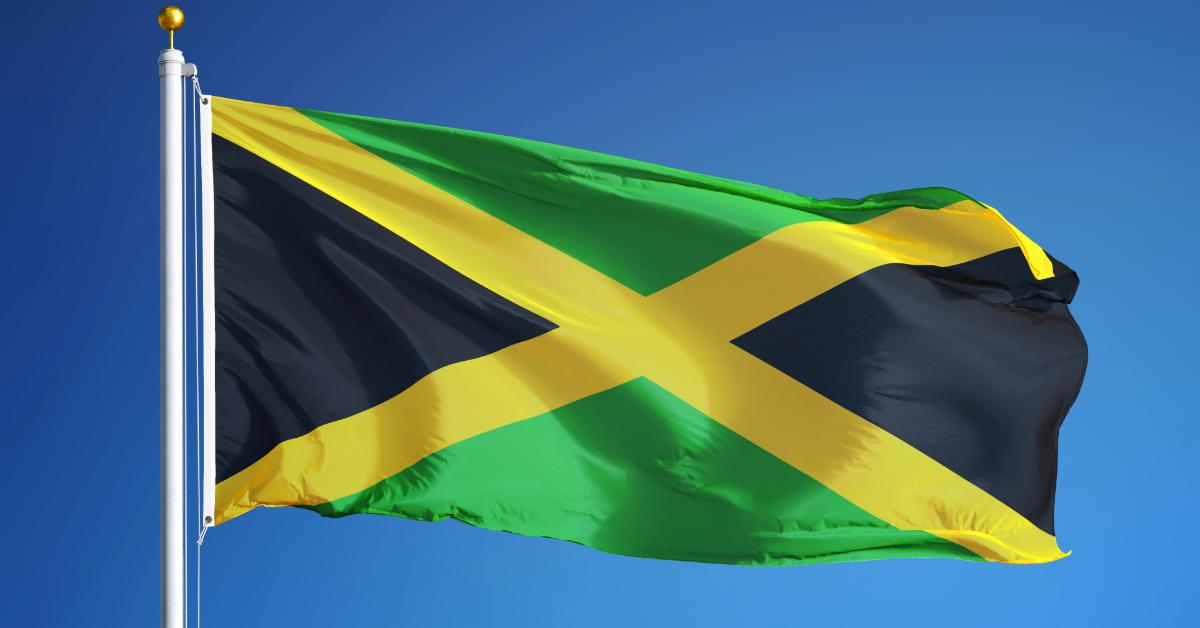
The trend of punishing people in Jamaica for being disrespectful is becoming troubling. Citizens support penalizing uncouth characters without recognizing that sanctions violate free speech. During the apex of lockdown hysteria, one man was coerced by the police to apologize after daring to criticize the prime minister. This act of overreach by the police was unsurprisingly lauded by a wide cross-section of society. Although this act was condemned by Jamaica’s leading paper as a flagrant abuse of power, a firm consensus that the authorities behaved inappropriately was lacking. There is still a pervasive belief in Jamaica that outspoken individuals must be humbled by the political establishment.
This is quite paradoxical, because as a postcolonial society, Jamaicans are critical of Western imperialism, yet they perpetuate the classist remnants of colonial society. Authority figures in Jamaica are treated with deference, so even restrained critiques of such personalities elicit outrage from the public. Using derogatory language to describe other people is contemptible but is an insufficient reason to penalize the perpetrator. Punishing contrarians cultivates an atmosphere for the debasement of free speech by political figures who use the conservatism of society as a pretext to exercise power.
The assault on free speech in Jamaica continues unabated because of the perception that censorship curbs the vices of society. Free speech violations in Jamaica are so rampant that they even affect the management of private businesses. In 2022, the Broadcasting Commission of Jamaica imposed a ban on radio music glorifying antisocial behaviors without consulting the Media Association of Jamaica. Despite expressing concerns that the ban would injure free speech, the Broadcasting Commission of Jamaica did not recant its decision but, instead, justified it based on protecting decency and standards.
Reflecting on this decision a year later, the Broadcasting Commission of Jamaica announced with delight that media companies conceded to its demands. Corruption and uncouth behaviors endlessly permeate Jamaican society, so there is no evidence that censorship has made this society more elegant. However, the failure of censorship to effect change does not matter, because the state and citizens have endowed the Broadcasting Commission of Jamaica with authority to police the airways. On average, Jamaicans agree with anti–free speech laws claiming to civilize society.
Apparently, people are unaware of the effects that censorship can have on other rights. The link between censorship and property rights is not explicit, but the former does undermine the latter. Censorious policies even compel business owners to remove explicit images from commercial establishments. Lewd imagery might disturb puritanical characters, but instructing entrepreneurs to rid their establishments of images as demanded by consumers deprives patrons of choice by obstructing property rights.
Censorship policies in Jamaica are so archaic that entertainers are fined for swearing when performing at adult concerts. At some concerts, revelers appreciate the creative use of expletives to entertain; therefore, criminalizing profanities can make the experience less enjoyable. Indeed, profanities are inelegant, but adults are entitled to such enjoyment when they do not disturb other people. Further, it is intriguing that Jamaicans want to scrap laws that symbolize the colonial era, but there is no rush to get rid of colonial policies that actually oppress people.
Anti–free speech laws are the Jamaican version of cancel culture, and there is no indication that the problem is receding. The latest victim of Jamaican cancel culture is attorney Isat Buchanan, who was suspended for two years by the General Legal Council for making derogatory remarks about the director of public prosecutions. His remarks were not defamatory, but according to the Council’s chairman, he brought the profession into disrepute. Buchanan is a controversial attorney who is disliked by some, but disrespecting a colleague does not warrant a suspension. Ironically, several attorneys who were accused of misconduct by clients were either not punished or received lighter punishment. So, probably, Buchanan was punished for offending the establishment.
Though Jamaicans are vocal critics of colonialism, it is evident that contemporary elites have replaced the colonial establishment, and like average Jamaicans, they have no problem using the law to oppress those who contradict authority. As such, we should conclude that the movement to liberate Jamaicans from the relics of colonialism is a farce.



